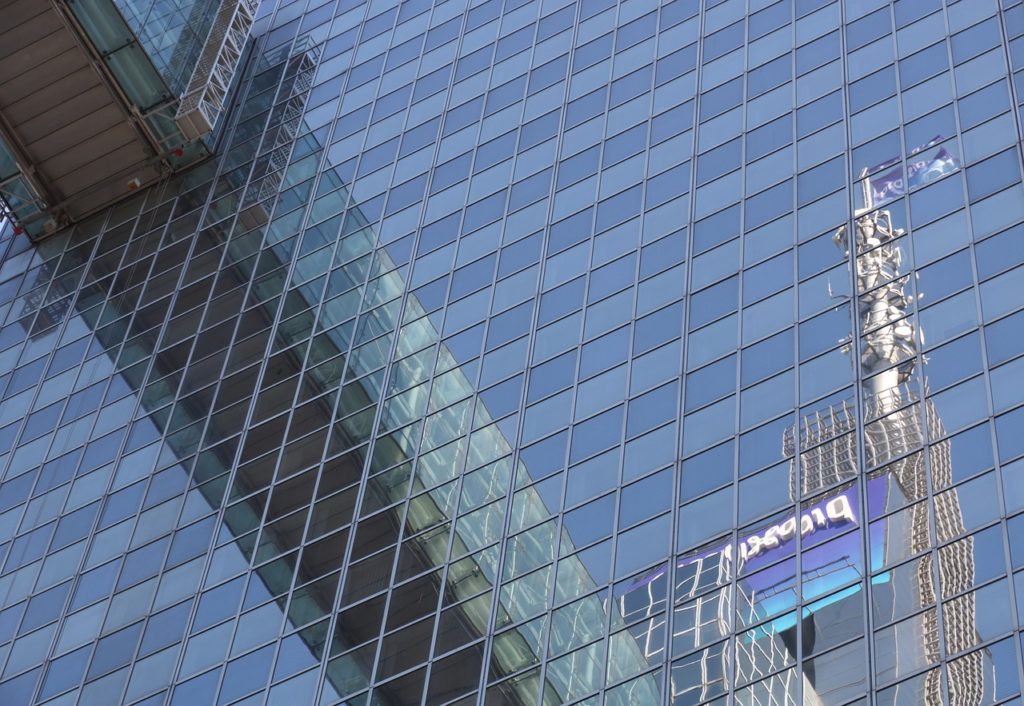About 100 people took part on Saturday in a demonstration against the roll-out of the next generation internet, known as fifth-generation or 5G.
The protest by the collective stop5G.be was intended to raise concerns over the possible health risks of the increased radiation 5G will bring, which they describe as “electro-smog” and “an indefensible threat to our health and that of all living things”. A statement issued by the group goes on: “It is in contradiction with ecologically responsible policies and the objectives defined by the European Union and the signatories of the COP21 agreement in 2015 in terms of fighting climate change. It also contravenes the 2010 Nagoya agreement on protection of biodiversity, which was signed by 190 countries”.
The new 5G promises internet speeds 100 times faster than the current best connection on 4G, and its development is closely linked to the near-universal ownership of smartphones, to driverless cars and to the Internet of Things in general – fridges which track your food consumption and order groceries from Delhaize over the internet to be delivered by drone as you ride in your autonomous car while having emails read out to you, for example.
However 5G will require not only more radiation, but a whole new type called millimetre radiation, coming from new phone masts of which there will be many more than at present, more common and more part of the streetscape. The protest group sees a real medical danger in this proliferation of sources of radiation, and many doctors and other experts agree.
Also this week, more than 200 doctors and other scientists put their names to an open letter calling for extreme caution instead of diving headlong into 5G development, which they refer to as “an experiment on humankind and on the environment”.
“Telecommunications companies are ready, with the support of governments, to roll out the fifth generation of wireless networks worldwide in the coming two years,” the letter reads. “Even though the overwhelming evidence shows that radio frequency radiation is harmful to living things.”
One of those supporting the protest is Marie-Claire Cammaerts, a researcher into ant behaviour at the free university ULB, who carried out a study showing that GSM radiation was harmful to ants. But opposition to that and to the current protest came from Guy Vandenbosch, a professor at the university of Leuven and an expert on radiation, who pointed out that the ant study was on too small a scale to be extrapolated to humans.
“To my mind nobody has yet died of GSM radiation,” he told Het Nieuwsblad. “Just as for 4G, the damaging effects of 5G in the medium and long term are not proven.” However he does not deny the characterisation of the roll-out as an experiment in the longer term. “And that is why I am arguing for the amount of radiation per metre to be kept to a minimum. It is also a misunderstanding to think that more antennas will lead to more radiation. On the contrary: the more antennas, the nearer the signal, and the lower the signal for each antenna.”
Alan Hope
The Brussels Times

